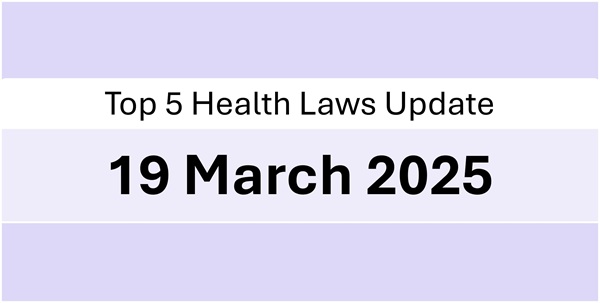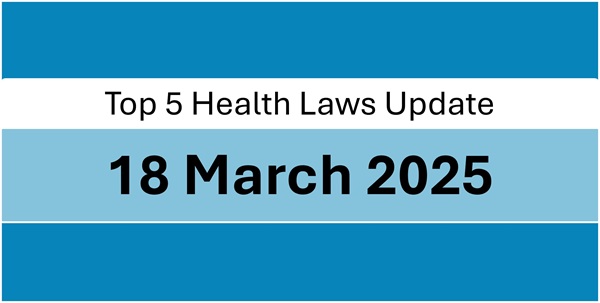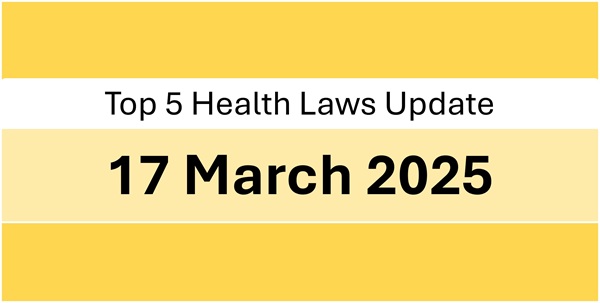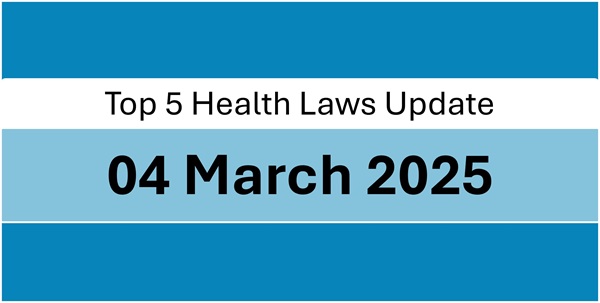Dear Readers, we are happy to share the most interesting legal and policy updates concerning health industry that we read today. we hope you enjoy reading it.
1. The Competition Commission of India (CCI) has reportedly raided offices of big advertisement and broadcasting firms as well as industry associations, on suspicion of fixing ad rates and undertaking price collusion. It is uncommon for CCI to raid industry associations, indicating possibility of cartelization.
The raid may affect advertisement by top brands.
Source: bit.ly/4iYMx7r
2. Pharmaceutical exporters have raised concerns about requirement to submit legal undertaking from API manufacturers in order to secure Export NOC from the Central Drug Regulator (CDSCO), on grounds that the APIs are procured from traders and not manufacturers, and manufacturers won’t readily agree to give legal undertaking. A new Export NOC system was introduced in March 2025 to expedite issuance of export NOC
Source: bit.ly/4iZDqTY
3. Representatives of leading cosmetics brands are reportedly demanding a separate law for regulation of cosmetics. The demand stems from the fact that cosmetics are regulated together with drugs under the current law i.e. Drugs and Cosmetics Act, 1940, because of which cosmetics are under system of significant licensing and inspection. The industry expects the law to require post-market notification as opposed to pre-market licensing.
Source: bit.ly/3DSCT7B
4. Google has recently announced a new health care update to its Search platform called the “What People Suggest” Feature, currently available only in the US. This new feature allows individuals with specific health conditions to compare their experiences with others. It utilizes artificial intelligence to collate online feedback from patients sharing similar diagnoses, enabling users to find insights on managing their conditions.
Source: bit.ly/421sKgK
5. The West Bengal Drug Control Administration is reportedly taking steps to closely monitoring discount pharmacies in order to eliminate counterfeit drugs. As part of the drive, inspectors will verifying purchase sources, inspect medicines, and enforce strict measures to ensure drug quality and public safety.
Source: bit.ly/4hIBxKk




